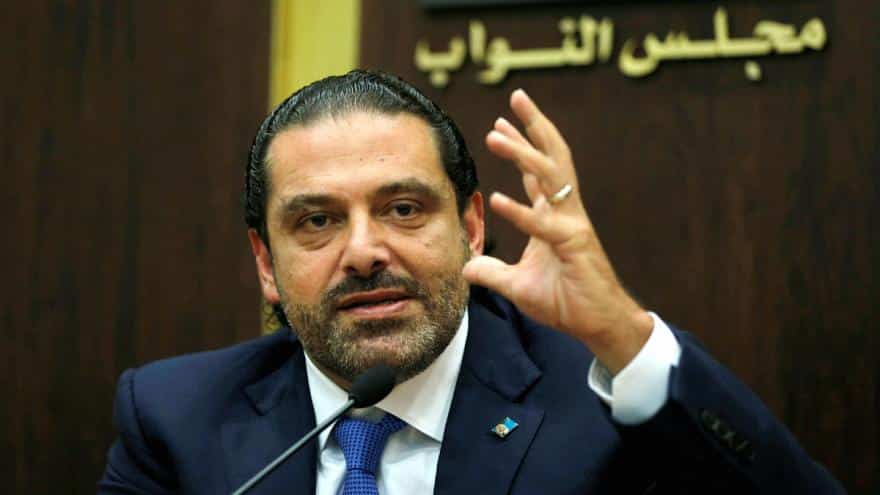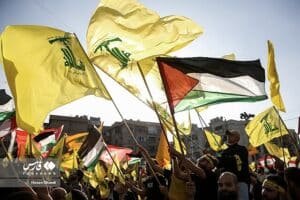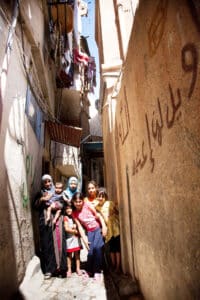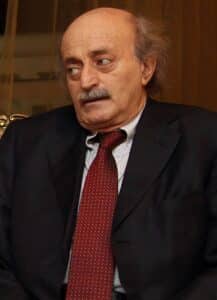Positive messages of a possible breakthrough in the forming of a new government were being made after an incident with an Druze ex-minister in the beginning of December. The Lebanese Parliament Speaker, Nabih Berri, and Prime Minister-designate Saad Hariri expressed their positive thoughts on the formation process. Berri said that the intervention of President Michel Anoun seems to pay off and Hariri thinks a government will be formed before the end of the year. Hariri stresses that the economic crisis is putting the right pressure on the formation process. A new government is needed, in order to implement economic reforms and to stabilize the crisis.
Elections
On the 6th of May parliamentary elections in Lebanon took place. It were the first parliamentary elections since 2009. Back then, the formation of the government took also a long time, namely five months, but this time it is already taking seven months and it is still not completed.
The elections last May were won by the Hezbollah bloc and the Christian Lebanese forces. The Future Movement, the party of the designate Prime Minsiter Hariri, lost one third of its seats. Despite the loss, Hariri was appointed to form a government. Hariri has the task to divide the ministerial posts among six parties. Not only the number of parties complicates the situation, but the most challenging task is to balance the ethnic and religious representation. There are rules about ethnic and religious origin for different positions. The President must be a Maronite Christian, the Prime Minister should be a Sunni Muslim and the Speaker must be Shia Muslim. The parliament consists of 128 seats whereby half of the seats are allocated to Muslims (Sunni, Shia, Druze, Alwatie) and the other half to Christians (Roman Catholic, Maronite, Orthodox, Protestant, Armenian Catholic, Armenian Orthodox).
Incident
Beginning of December tensions were raised between Hariri and the Hezbollah-backed Druze politician Wiam Wahhab. After Wahhab expressed criticism on the government, and Hariri in specific, an incident with Lebanese Internal Security Forces (ISF) followed. The ISF went to Jahliyeh (Wahhab’s hometown) and a shooting followed whereby a bodyguard of Wahhab died. The ISF declared that the victim was hit by a bullet fired by Wahhab’s supporters and that they did not open fire. However, Wahhab stated on his turn that the incident was an assassination attempt on his life ordered by Hariri. The incident formed another shadow over the efforts to form a new government.
Obstacles
Different problems occurred during the division of minister posts. One of the first problems during the summer was the dispute between the Free Patrotic Movement (FPM) and Lebanese Forces (LF) about the Christian representation. LF leader Samir Geagea said that the portfolios that were offered to LF were not fair compared to their size in the parliamentary bloc and demanded the post of deputy prime minister which was rejected by President Aoun and the FPM leader, Gebran Bassil. In the end Geagea decided to take part in order to form a new government, but stressed that FPM was obstructing the formation in order to prevent LF from obtaining a cabinet share.
A second problem that occurred was the Druze representation. About 200.000 members of the Druze community are living in Lebanon and according to the constitution the Druze are entitled to three ministerial posts. Most of the Druze are part of the Progressive Socialist Party (PSP), led by Walid Joumblatt. However, if Hariri gives the Druze of PSP this position, the Druze of the Lebanese Democratic Party (LDP) would not be represented. Joumblatt agreed to allocate only two Druze ministerial seats instead of three. LDP agreed with one minister post and putting forward a ‘neutral’ candidate.
The biggest obstacle in the formation process is the Sunni representatives which became known as the ‘Sunni Knot.’ Hezbollah is keen to have one of its Sunni allies as minister of health. However, the fear is that if Hezbollah holds this position, it would complicate foreign (western) aid. The formation process came to hold because of the Sunni knot. Hezbollah insist that their Sunni MPs are being represented in the new government, but Hariri refuses and so does President Aoun. Aoun declared that the MPs do not have the right of representation since they are not part of a single parliamentary bloc. The parliament speaker, Nabih Berri, tried to mediate. On the 6th of December a proposal Foreign Minister Gebran Bassil was announced to appoint 32 ministers instead of 30. This proposal could solve the Sunni knot problem, but it was not accepted and another attempt failed.
President Aoun is now actively intervening in the formation process in the hope to have a new government before the holidays (Christmas and New Year). Aoun held meetings with Hariri and the parliament speaker in order to solve the Sunni problem A compromise is needed and analysts believe Anoun might nominate one of the Hezbolloah-aligned Sunnis in order to solve the problem. Other meetings will take place next week and maybe a solution will be finally reached.
Sources: Alarabiya, Aljazeera, Arab news, Naharnet, Naharnet II, Reuters, Reuters II, Reuters III
Photo: Euronews



